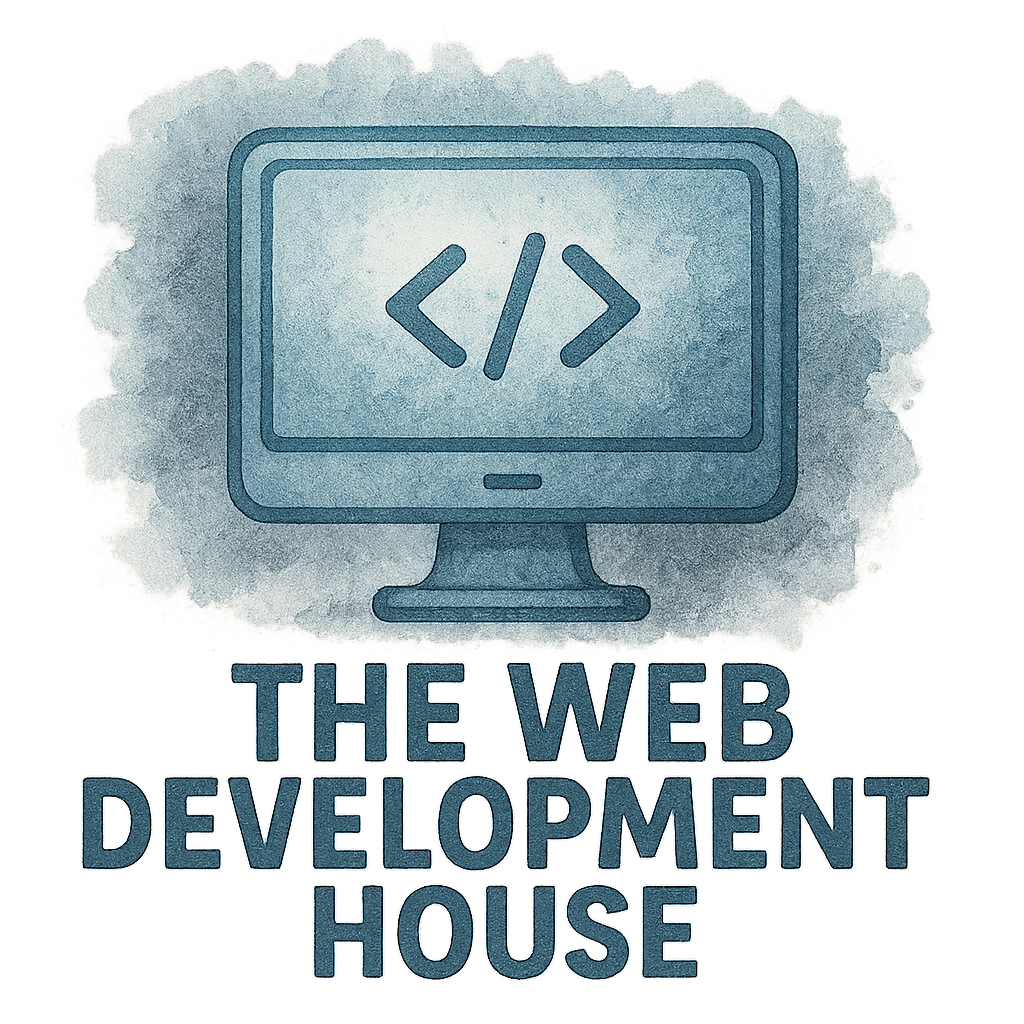Introduction: Why Daily Habits Matter in Dev Houses
You know that saying, “Success is in the small stuff”? It’s especially true in a development house. Dev teams thrive not just on talent or tech stacks, but on rhythm—daily habits that foster momentum, clarity, and joy. A happy and productive development house isn’t a coincidence; it’s a daily decision.
At The WD House, routines shape results. Whether you’re leading a startup team or managing a large web development squad, these daily habits will help keep your crew motivated, effective, and yes—genuinely happy.
1. Morning Stand-Ups Set the Tone
The Power of Daily Syncs
Picture this: a 15-minute huddle where everyone’s on the same page before diving into code. Morning stand-ups create alignment, reduce roadblocks, and establish trust across the team.
How to Make Stand-Ups Effective
Keep it short, sweet, and structured. Answer three questions: What did I do yesterday? What am I doing today? Any blockers? Tools like Jira, Trello, or Notion help streamline these quick meets.
2. Prioritized To-Do Lists
Avoiding Overwhelm Through Simplicity
A chaotic task list kills productivity. Dev House teams thrive when tasks are prioritized. That means knowing what’s urgent vs. what’s important.
Tools That Help with Prioritization
Try apps like ClickUp or Asana—or even Kanban boards. A clearly visualized list helps devs manage their day without mental overload.
3. Blocked Time for Deep Work
Why Uninterrupted Coding Time is Gold
Multitasking? It’s a myth. Developers need deep, focused time to solve complex problems and push clean code. Guard this time like treasure.
How Dev Houses Structure Deep Work Blocks
Create “no meeting” windows during peak focus hours (usually mornings). Encourage team-wide respect for these blocks—just like you’d honor a client call.

4. Scheduled Collaboration Windows
Making Time for Team Brainstorms
Dev houses flourish through collaboration. But constant pings and impromptu calls? Not ideal. Instead, schedule dedicated blocks for teamwork.
Minimizing Interruptions
Use shared calendars and Slack statuses to avoid accidental interruptions. Keep team synergy high without killing productivity.
5. Breaks Are Sacred
The Science of Stepping Away
Burnout doesn’t knock—it sneaks in. Short breaks (think Pomodoro method) help reset the brain and maintain momentum throughout the day.
Fun Break Ideas in a Dev Environment
Mini-ping pong tournaments, team trivia on Zoom, or even a quick meditation session. These fun moments boost morale more than you’d think.
6. Daily Code Reviews & Feedback
Building a Culture of Continuous Improvement
No one writes perfect code. That’s why daily peer reviews aren’t about critique—they’re about progress. This habit improves quality and teamwork.
Tools That Streamline Code Review
GitHub, GitLab, and Bitbucket make reviews smoother. Integrate review time into your daily schedule, not just as a “when there’s time” task.
7. Celebrate Small Wins
Micro-Wins Matter More Than You Think
Shipped a feature? Fixed a nasty bug? Celebrate it. Recognition for daily progress keeps teams motivated.
Recognition That Fuels Morale
Tools like Bonusly or even a simple “great job!” shoutout in Slack make a huge difference. Every pat on the back matters.
8. Transparent Communication Channels
Slack, Not Spam
Communication is everything, but too many messages create noise. Dev Houses that win balance openness with clarity.
Asynchronous Updates Done Right
Use channels like Slack or Loom for daily async updates. It’s efficient, respectful, and helps team members manage their time.
Relevant read: Company Culture at The WD House
9. Time for Learning and Exploration
How Learning Keeps Devs Sharp
Tech evolves daily. Your team should too. Dev houses that build in learning time enjoy more innovation and less burnout.
Built-In Learning Time Examples
Block 30 minutes daily for tutorials, exploring UI/UX design trends, or reading best practices articles. Even micro-learning matters.
10. Meaningful 1:1 Check-Ins
Daily Doesn’t Mean Long
Quick check-ins (5–10 mins) can address mental load, goals, or just how someone’s doing. It’s about building trust—not micromanaging.
What to Ask in a Micro Check-In
- How are you feeling today?
- Any blockers I can help with?
- What’s one small win from yesterday?
It’s simple, human, and highly effective.
11. End-of-Day Reflections and Wrap-Ups
Logging Progress & Logging Off
A strong finish helps devs mentally disconnect. Encourage a daily “done” log where devs summarize work completed.
Reflection Routines for Developers
Try end-of-day journaling or async updates in Slack. It adds closure to the workday—and helps tomorrow start on the right foot.
Explore more on project management tactics at The WD House.
Conclusion: Happy Dev House Teams Don’t Happen by Accident
If you’re aiming to build a dream team, start with the basics. These 11 daily habits aren’t revolutionary—but they are reliable. Consistency is what separates good development houses from great ones.
Whether you’re scaling your mobile development team or improving UI/UX collaboration, the path to success is paved with tiny steps taken every day.
Want to see these habits in action? Explore how The WD House integrates them into its work culture, projects, and daily flow.
FAQs
1. What is a Dev House?
A Dev House is a company or agency focused on software and app development, often specializing in areas like web development, mobile apps, and UX/UI.
2. Why are daily habits important in a Dev House?
Because consistent routines improve collaboration, efficiency, morale, and team satisfaction.
3. How do I start implementing these habits in my team?
Start small. Pick 2–3 habits that resonate most with your current needs and scale gradually.
4. How do daily habits affect productivity?
They reduce decision fatigue, create structure, and ensure everyone knows what to do and when.
5. What tools do Dev Houses typically use for habit tracking?
Tools like Slack, Trello, GitHub, and Notion are popular for tracking habits and productivity.
6. Can these habits help remote Dev House teams too?
Absolutely! In fact, remote teams benefit even more from structured daily routines and communication.
7. Where can I learn more about best practices in development houses?
Check out The WD House’s content on best practices, features, and services to dive deeper.

